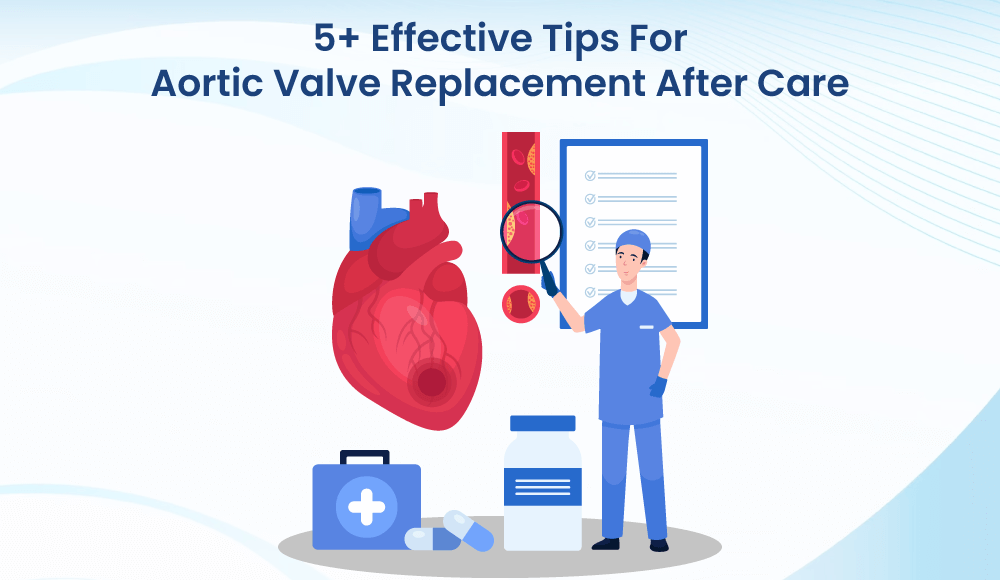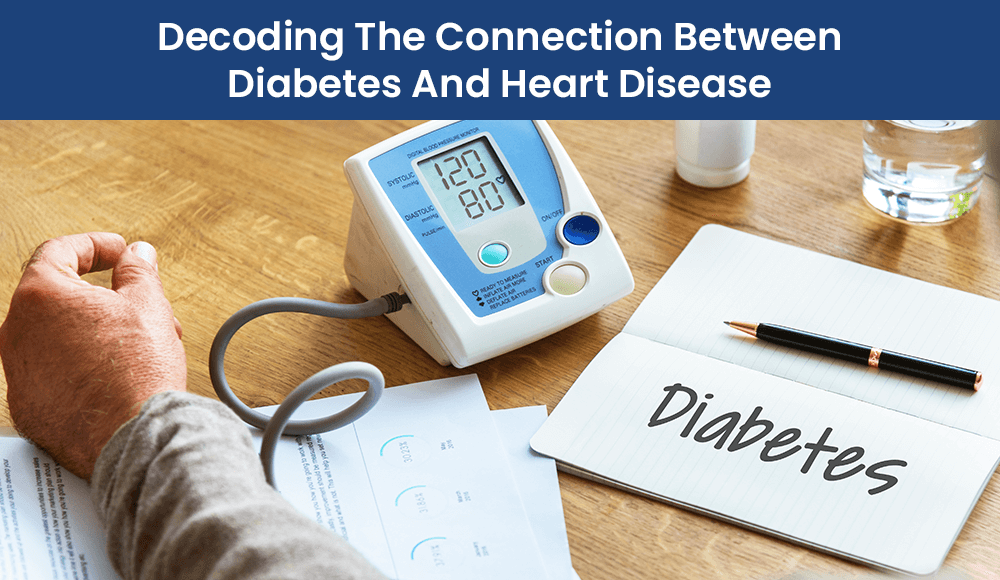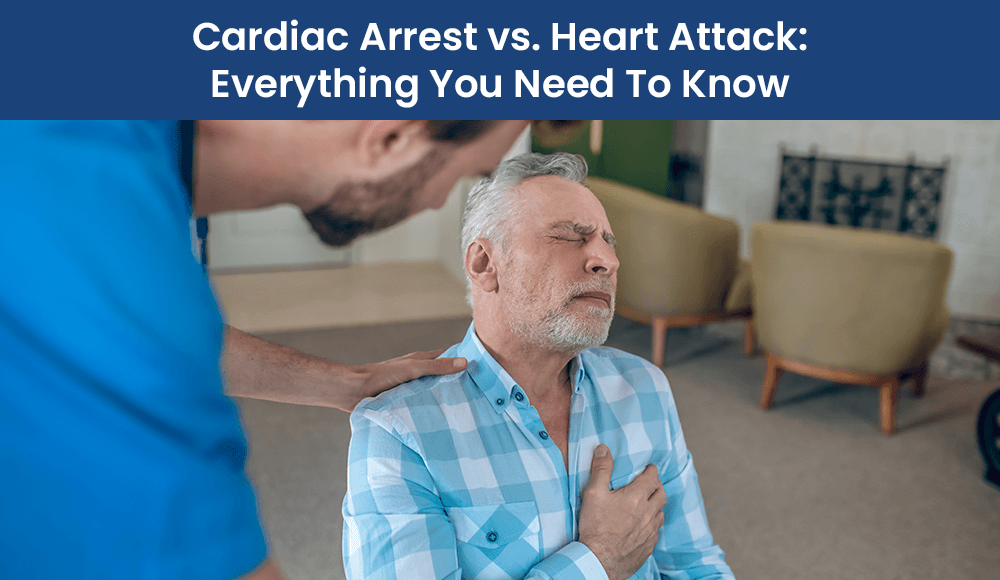
Aortic valve replacement (AVR) is a surgical procedure that replaces a damaged aortic valve with an artificial one. After undergoing AVR, proper aftercare is crucial for a successful recovery. Aortic valve replacement aftercare involves taking care of the surgical wound, managing pain, and preventing complications.
It can be challenging to navigate life post the surgery, particularly for those who have never undergone surgery before. That’s why we have compiled a list of 5+ effective tips for care after aortic valve replacement to help individuals recover successfully.
These tips include information on starting a heart-healthy lifestyle, regular checkups and more. According to a leading aortic valve surgeon in mumbai, following these tips, can help patience reduce the risk of complications and achieve a faster recovery, enabling them to resume their daily activities with greater ease.
Get personalized aftercare tips for Aortic Valve Replacement – Schedule Now!
1. Maintain a Heart-Healthy Lifestyle
Keeping your blood’s cholesterol level under control is one of the important post-valve replacement care measures. One of the best ways to keep your cholesterol level in check is to switch to a heart-healthy diet. That’s why you should avoid processed foods and refined carbs that can increase the cholesterol level of your blood.
Instead, you should switch to heart-healthy foods that include:
- Fresh fruits and veggies
- Foods containing healthy fat like nuts, avocados, and olive oil
- Foods that contain complex carbs like whole grain bread, sweet potatoes, and wheat pasta
- Fresh dairy products, lean meats, fish, poultry, and beans
Switching to heart-healthy foods is just one way in which you can improve your heart health. If you want to learn more about heart-healthy lifestyle changes, you can refer to our blog on 9 heart-healthy lifestyle changes.
2. Regular Check-ups
It is necessary to take precautions after aortic valve replacement, regular checkups is one such precaution that you need to take post your aortic valve replacement surgery.
With regular cardiac checkups, you and the doctor can understand if your heart and its valves are working properly. If your heart shows any kind of abnormality, the checkups can easily expose them, helping you with proper treatment before it’s too late.
The checkup often includes tests like:
- Cardiological assessment
- ECG or electrocardiography
- Cardiovascular ultrasound
Apart from the regular checkups, it’s also important to contact your doctor for a checkup if you are experiencing any of the following symptoms:
- Heaviness
- A burning sensation in your chest
- Abnormal difficulty while climbing stairs
- Shortness of breath
3. Curb The Smoking Habit
How does smoking affect your healing post aortic valve replacement? Smoking can have a significant impact on the healing process following aortic valve replacement surgery. Nicotine and other chemicals found in cigarettes can slow down the healing process, increase the risk of infection, and reduce the effectiveness of medications used to manage pain and inflammation.
Smoking can also increase the risk of complications such as blood clots and delay the healing of your wound, increasing the recovery times. We advise you to curb your smoking habit, especially before and after surgery. This can improve the chances of a successful recovery and reduce the risk of postoperative complications.
Our comprehensive guide, “7 Daily Habits that Damage Your Heart,” covers smoking and other such daily habits that affect your heart health.
4. Manage Other Health Conditions
Managing other health conditions is an essential part of aortic valve replacement aftercare. If you have other health conditions, such as diabetes or high blood pressure, they can affect your heart recovery and may also cause complications such as aortic valve stenosis.
Shared below are a few tips for managing other health conditions during aortic valve replacement aftercare:
- Follow your doctor’s instructions for managing any chronic conditions, including taking medications as prescribed.
- Monitor your blood pressure, blood sugar, or other vital signs as directed by your healthcare provider.
- Stick to a healthy diet and exercise planto maintain overall health and wellness.
- Get adequate sleep and rest to help with healing and recovery.
- Attend follow-up appointments with your doctor to monitor your progress and address any concerns or complications.
By effectively managing your other health conditions, you can improve your health and well-being after aortic valve replacement surgery.
5. Keep Your Teeth And Gums Healthy
According to a recent study conducted by medical professionals, gingivitis (or gum infection) has been linked to a heart infection.
The bacteria present in dental plaque and gum disease can spread through the bloodstream and potentially infect the heart valves, leaving them vulnerable to serious infections. For this reason, it is crucial to maintain good oral health, especially if you have a history of heart valve-related medical issues or have undergone heart surgery. By prioritizing regular dental check-ups, brushing and flossing daily, and adopting a healthy lifestyle, you can reduce the risk of gum disease and lower the chances of bacteria spreading to the heart.
Maintaining good oral hygiene can prevent these infections, and it’s one of the most important precautions you can take after aortic valve replacement surgery. To do that, you should brush your teeth at least twice a day, floss regularly, and use dentist approved mouthwash. Additionally, you should also visit a dentist at least once every six months.
6. Get Your Heart Murmur Checked
If you have undergone aortic valve replacement surgery, it is important to get your heart murmur checked regularly. Heart murmurs can indicate a problem with the replaced valve or the heart itself. Regular check-ups can detect any issues early and ensure timely treatment, leading to better health outcomes. Regular heart check-up is very affordable as compared to aortic valve replacement cost in Mumbai. Don’t neglect your heart health after surgery, consult with your healthcare provider to schedule routine check-ups.
7. Understand The Risks of Aortic Valve Disease
People who might suspect that they might need aortic valve replacement should understand the risk factors of heart valve disease, and how factors such as your age, family history, or your diet might have contributed to it.
Let’s take a look at several risk factors that might lead to aortic valve stenosis or other heart valve diseases:
- Age: Older people are at more risk of developing heart diseases than younger ones.
- Family History: If your family has a history of coronary heart disease, it might increase your chance of developing heart valve diseases.
- Lifestyle Habits: The lack of physical activity, unhealthy eating habits, and smoking can increase the risk of developing heart valve diseases.
- Radiation Treatment: Radiation treatment that is often used to fight cancer can thicken or narrow the heart valves.
- Sex: Many medical studies show that men are more likely to develop heart valve diseases like aortic valve stenosis than women.
- Other Conditions: If you have high blood pressure, autoimmune diseases, or diabetes, these conditions can increase your chances of developing a heart valve disease.
As you can see, there are multiple factors that can contribute to heart valve diseases. This is why it is necessary to follow these tips to ensure a good heart-health, be it before surgery or after surgery.
If you are interested in learning what you should and shouldn’t do post heart surgery, you can read our guide: Do’s And Dont’s Of Recovering From Heart Surgery.
Get personalized aftercare tips for Aortic Valve Replacement – Schedule Now!
Conclusion
Aortic valve replacement is one of the major heart surgeries, after which a person needs careful aftercare. By following the tips outlined in this blog, patients can help ensure a successful recovery and minimize the risk of complications.
From making dietary changes to maintaining dental health, these strategies can help patients return to their daily activities as quickly and safely as possible. It is also necessary to learn everything they can about aortic valve disease and replacement. Patients need to work closely with their healthcare team and follow their doctor’s instructions to achieve the best possible outcome after aortic valve replacement surgery.
If you want to learn about valve replacement surgery costs, you can read our blog: Valve Replacement Surgery Cost in Mumbai.
If you suspect that you or someone you love may need heart surgery, you should get in touch with a reputed cardiothoracic surgeon in India. With an experienced surgeon, you have a higher chance of speedy recovery.




[…] Our aortic valve replacement after care guide shares effective tips that can speed up your recovery & help you live a healthier life. […]
[…] If you want to read surgery aftercare tips for aortic valve replacement, read our guide featuring: 5+ Effective Tips For Aortic Valve Replacement Aftercare. […]
[…] Follow-up Appointments: The surgeon examines patients for post-operative follow-up consultations to check their recovery and guarantee a complete recovery. These possibly costly appointments are required for the patient’s long-term health and well-being. The number of follow-up appointments can be reduced with effective aortic valve replacement aftercare. […]